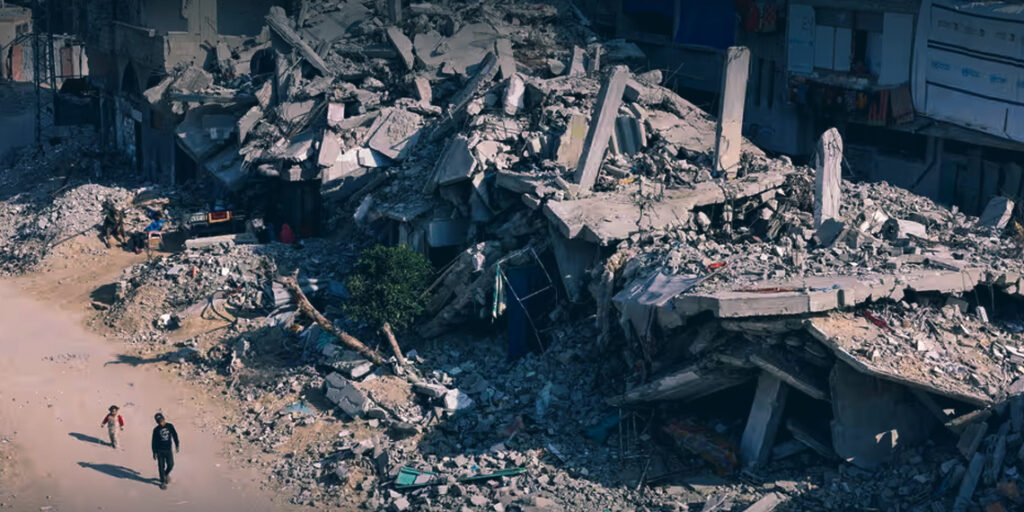The UK government’s family reunification policy has come under fire from charities, MPs, and campaigners for making it nearly impossible for individuals stranded in war zones like Gaza, Sudan, and Afghanistan to reunite with their loved ones in the UK. Bureaucratic hurdles, particularly the requirement to submit biometric data, have left many unable to apply for visas, putting vulnerable families at greater risk.
Biometric Requirements Block Families in Conflict Zones
The current system mandates applicants to provide biometrics—fingerprints and photographs—at visa application centers (VACs) in their country of residence. However, VACs in Gaza, Sudan, and Afghanistan have been closed due to ongoing conflicts, forcing applicants to take dangerous journeys across borders to access facilities in neighboring countries.
Although the Home Office has the authority to waive biometric submissions in exceptional cases, data obtained via Freedom of Information (FoI) requests reveals this rarely happens. Between May 2023 and February 2024, only 15 cases where biometrics were waived in advance were approved.
Charities like Safe Passage and Ramfel argue that this policy puts people in life-threatening situations, leaving many families separated despite clear ties to the UK.
Disparities in Treatment Highlighted
Critics have compared the treatment of refugees from Gaza, Sudan, and Afghanistan with the streamlined system introduced for Ukrainian refugees fleeing war in 2022. Ukrainians have been allowed to enter the UK without prior biometric submissions, a concession not extended to individuals from other war-torn regions.
According to FoI data, between May 2023 and April 2024, Palestinians, Afghans, and Sudanese applicants accounted for the majority of biometric waiver requests. Yet, the Home Office approved only a handful of these cases, sparking accusations of a two-tiered approach to refugee resettlement.
Kaukab Stewart, Scotland’s Equalities Minister, has called for a bespoke scheme for Palestinians, stating, “There shouldn’t be a two-tiered system.” Her comments echo the demands of the Gaza Families Reunited campaign and dozens of charities advocating for fairer policies.
Families Struggling to Reunite
Charities have highlighted the human cost of the current system. Ramfel, which supports families applying for reunification, shared the story of two Eritrean children sleeping rough in Egypt after fleeing conflict in Sudan. Their brother, a refugee in the UK, has faced repeated visa rejections for their applications.
Nick Beales, head of campaigns at Ramfel, criticized the system, saying, “It is actually impossible for people in conflict zones, such as Sudan and Gaza, to apply for visas even when they have clear family ties in the UK.”
According to Safe Passage, 55% of child reunion cases they supported in 2023 were initially refused, but 94% of these were approved on appeal, showing the policy’s systemic flaws.
Calls for Reform
MPs, charities, and campaigners are calling on the Home Office to simplify the family reunification process and create safe routes for those trapped in conflict zones. A private member’s bill currently moving through the House of Lords seeks to expand the criteria for family reunification and improve access to legal aid.
The Home Office has stated that biometric deferral requests are assessed on a case-by-case basis and that exceptional circumstances are considered. However, critics argue that the current policy fails to deliver on its promises, leaving too many families stranded.


